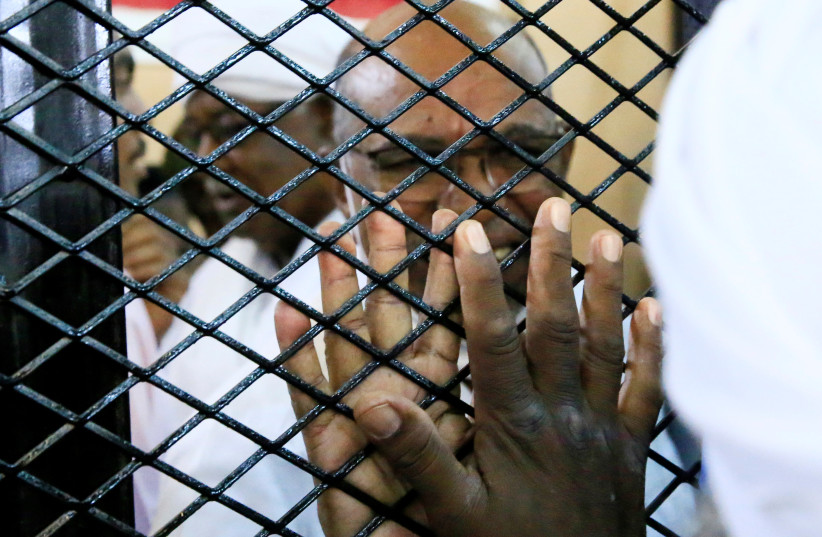On September 1, 1967, less than three months after the Six-Day War, the Arab League gathered in Sudan and issued the infamous Khartoum Resolution that included the notorious “three noes:” “No peace with Israel, no negotiation with Israel, no recognition of Israel.”
This week, Israel offered to host peace talks between Sudan’s two warring generals, a proposal that would have been unthinkable – indeed would have been considered nothing less than fiction – just a few short years ago.
That the proposal is not fiction, and that it was discussed with the US and other key regional actors like the United Arab Emirates, demonstrates the enormous distance Israel has traveled in the 56 years since the Khartoum Resolution, both in the region and on the international stage.
In October 2020, Sudan announced its intention to join the Abraham Accords and normalize ties with Israel. In the interim, however, it has been torn by domestic unrest between the country’s civilian and military rulers.
That unrest took a different and ugly turn two weeks ago when fighting broke out – not between the army and civilian leaders, but rather between two heads of the military: army chief Gen. Abdul Fattah al-Burhan and the head of the Rapid Support Forces, Gen. Mohamed Hamdan Dagalo.

Contacts on both sides
Jerusalem, which has good relations with both men, has been in contact with each side, urging a cease-fire since the beginning of the fighting that has left hundreds dead. The Foreign Ministry said that both sides were considering the proposal for Israeli mediation.
Foreign Minister Eli Cohen and Ministry Director-General Ronen Levy traveled to Sudan in February to formally establish diplomatic relations. One of Israel’s concerns is that a prolonged civil war there would leave the already poverty-stricken country in utter ruins, and significantly dim the prospects for a solid and mutually beneficial Israeli-Sudanese peace deal.
“If there is a way in which Israel can help stop the war and violence in that country, we would be very happy to do so,” Cohen said this week.
The offer of mediating an end to the fighting in Sudan brings to mind a similar effort last year at the start of the Russian-Ukrainian War when then-prime minister Naftali Bennett offered the country’s good offices to try to put an end to that devastating conflict. Israel at the time was one of the few Western countries that had good relations with both Russian President Vladimir Putin and Ukrainian President Volodymyr Zelensky.
Although some criticized Bennett at the time for overreaching and getting Israel unnecessarily involved in a conflict not its own, and even though those mediation efforts did not yield fruit, the move did demonstrate the degree to which the diplomatic stature of Israel – so often the subject of others’ mediation attempts – had changed.
The same is true of Israel’s latest overtures to mediate between the warring factions in Sudan.
That Israel is being considered a broker in this bloody conflict amid efforts in certain corners of the world, including a couple of hostile African countries, to isolate Israel and turn it into a pariah, shows just how ridiculous and self-defeating those efforts are. Rather than being a pariah, it may turn out that Israel might be able to serve an important role in ending yet another violent conflict in Africa.
The risk of the mediator
There are, of course, risks in undertaking a mediator’s role, and not every mediator ends up with a Nobel Peace Prize.
Playing this role runs the risk of antagonizing one or both sides of the conflict or the other – something that could end up coming back to haunt the Jewish state. At the same time, it also affords a degree of international prestige that could be leveraged for Israel’s benefit down the line. For instance, if Jerusalem can serve a valuable role here, it may be in a stronger position to make certain requests of the countries that have looked to it for help during this crisis, such as the US and the UAE.
The role of a mediator in a conflict such as the one in Sudan presents Israel with risks and possibilities. However, if its efforts help to end the violence in the beleaguered Northeast African country and at the same time further cement ties between Jerusalem and Khartoum, the risks will be well worth it.
